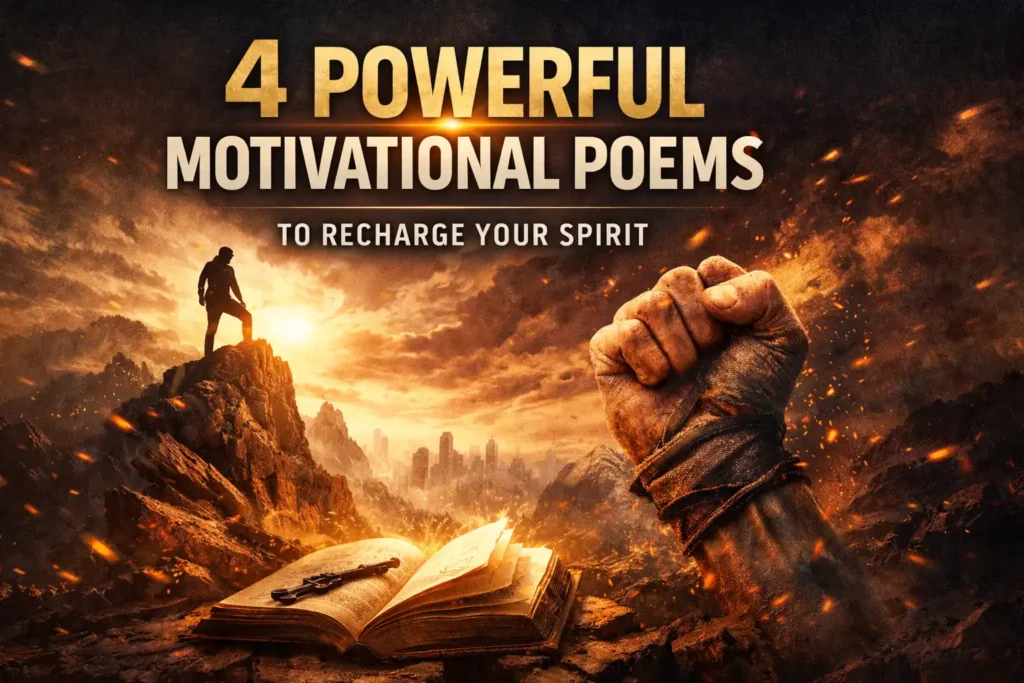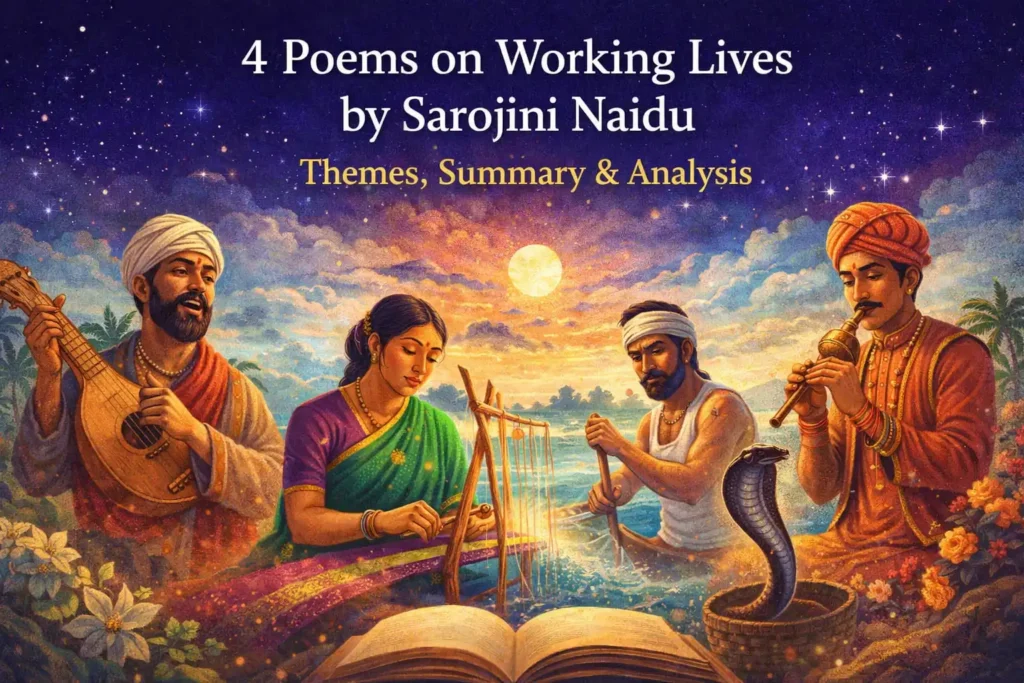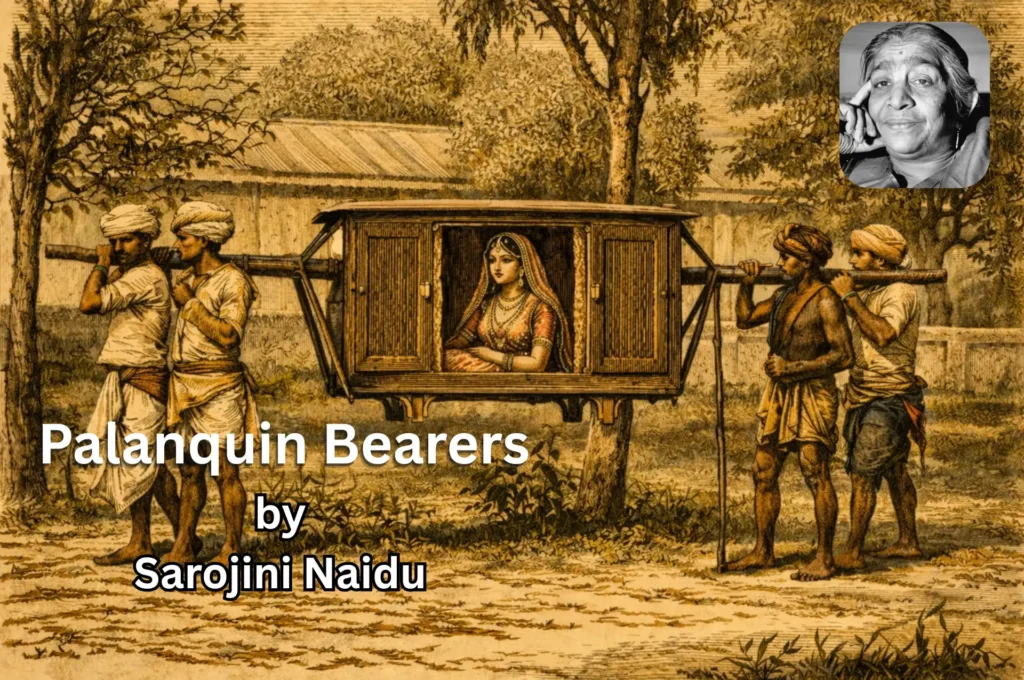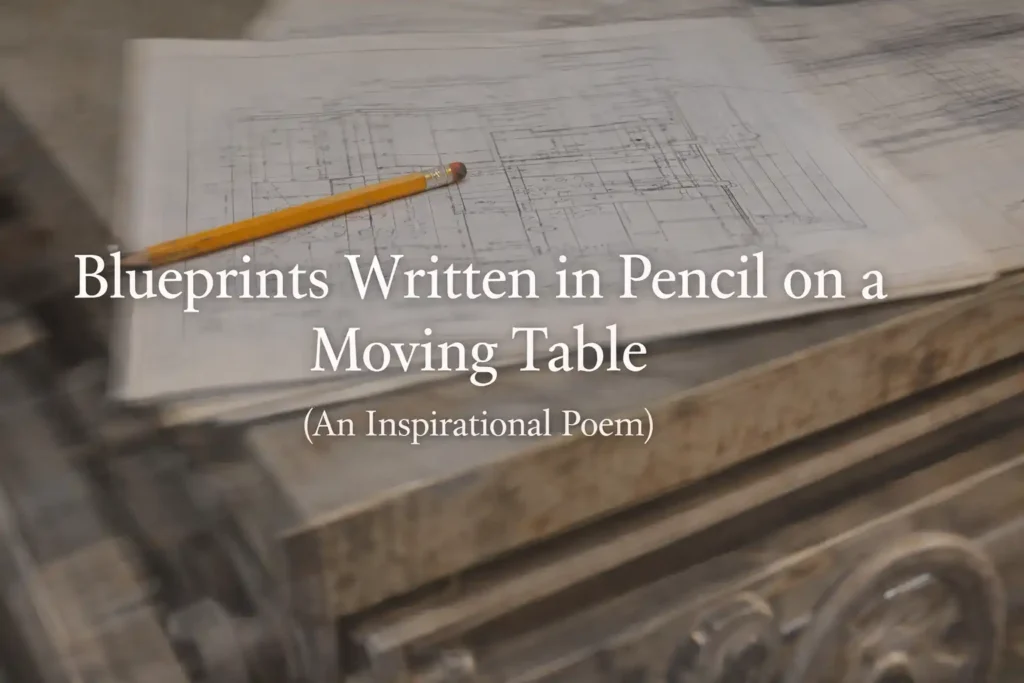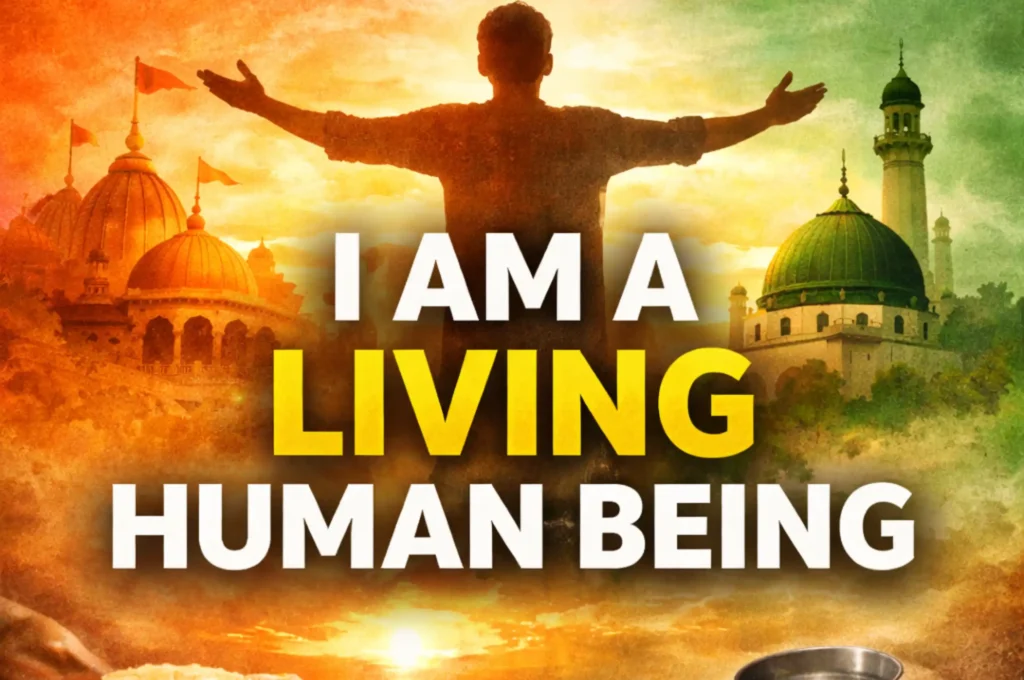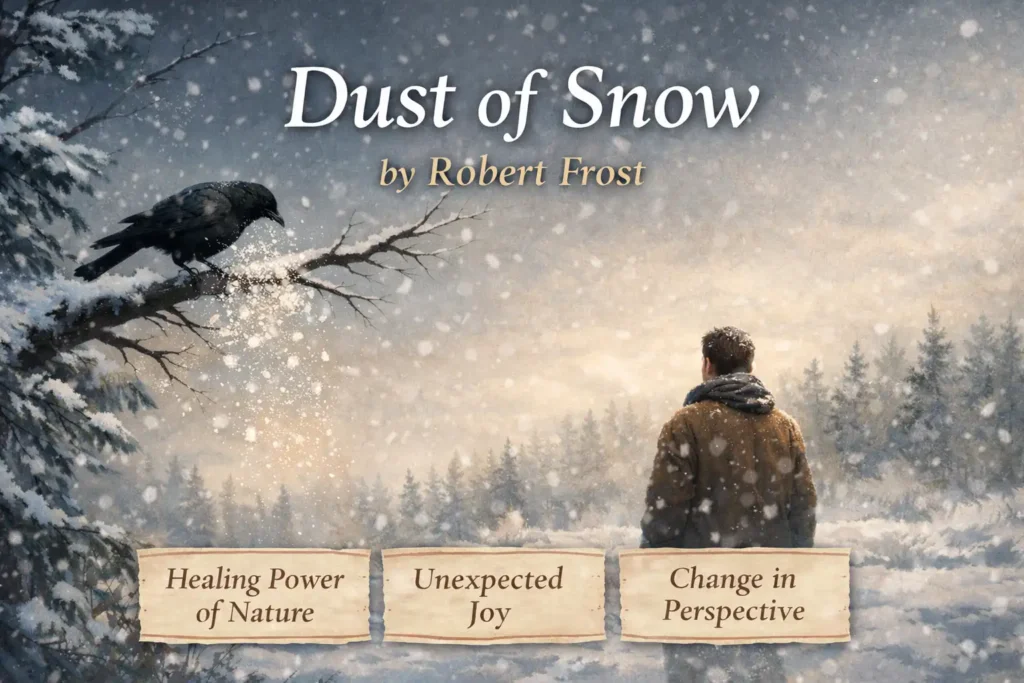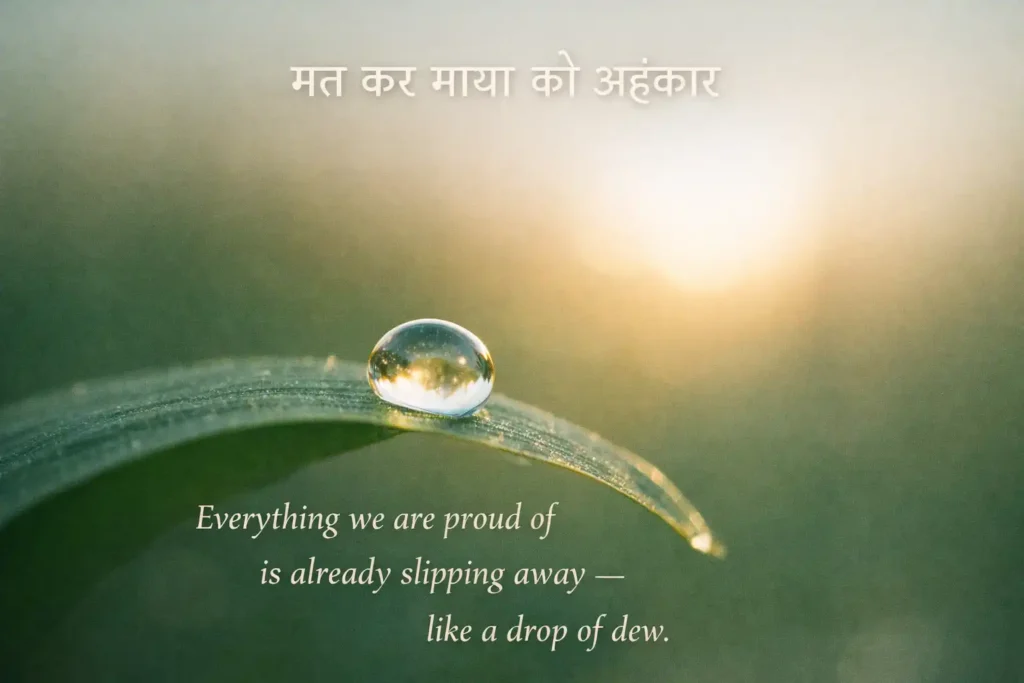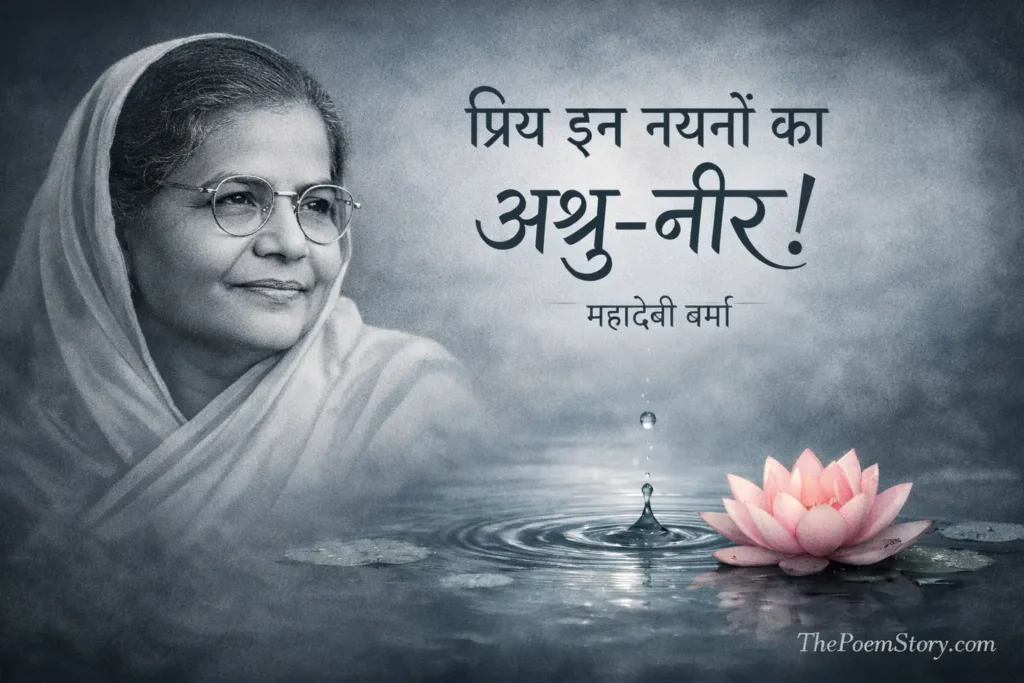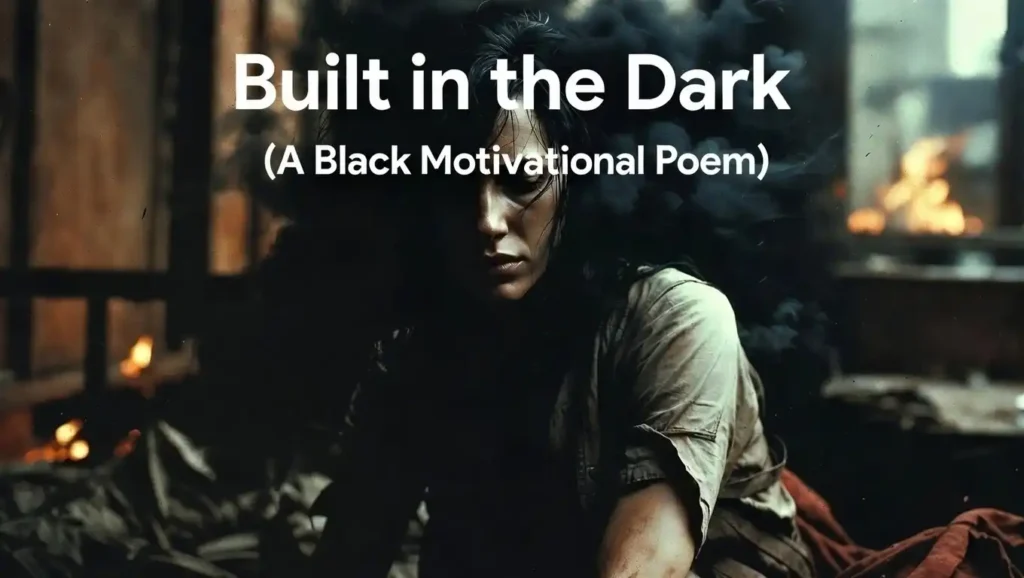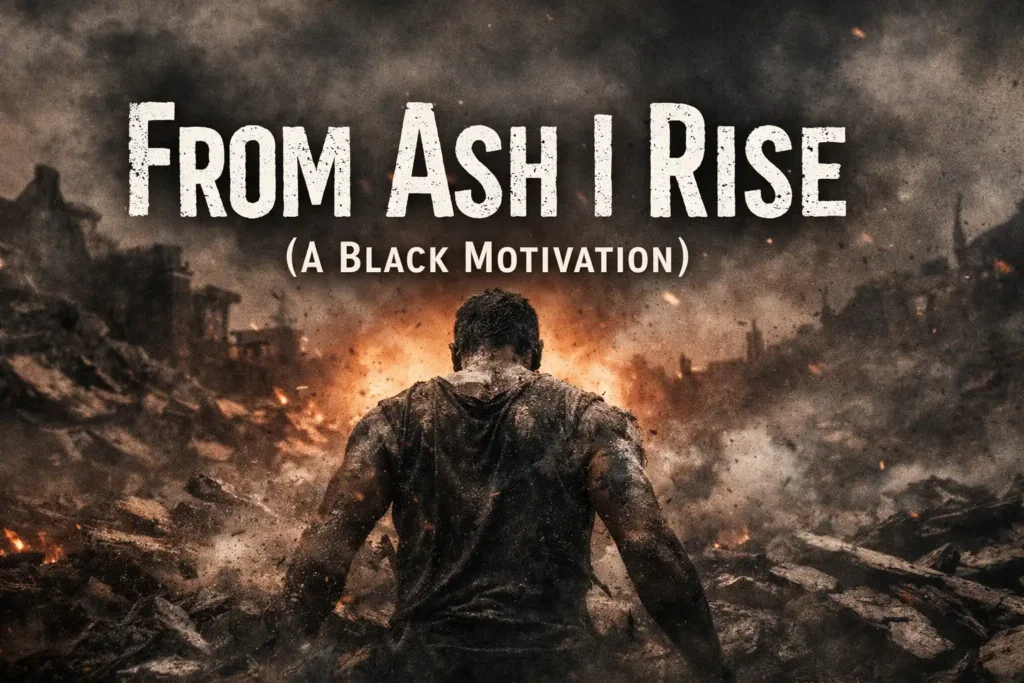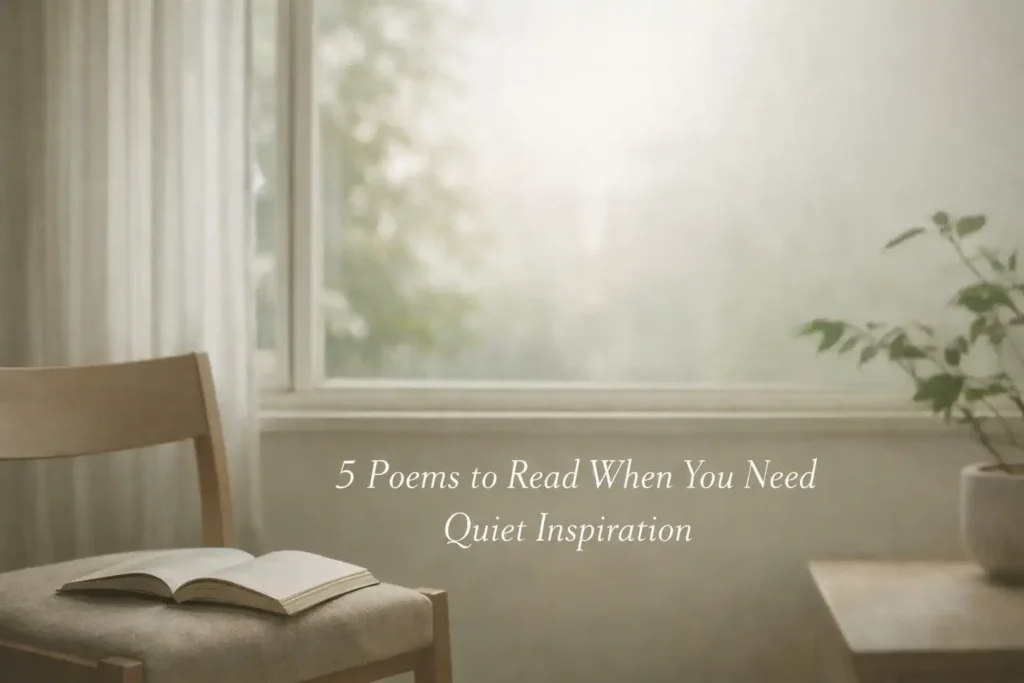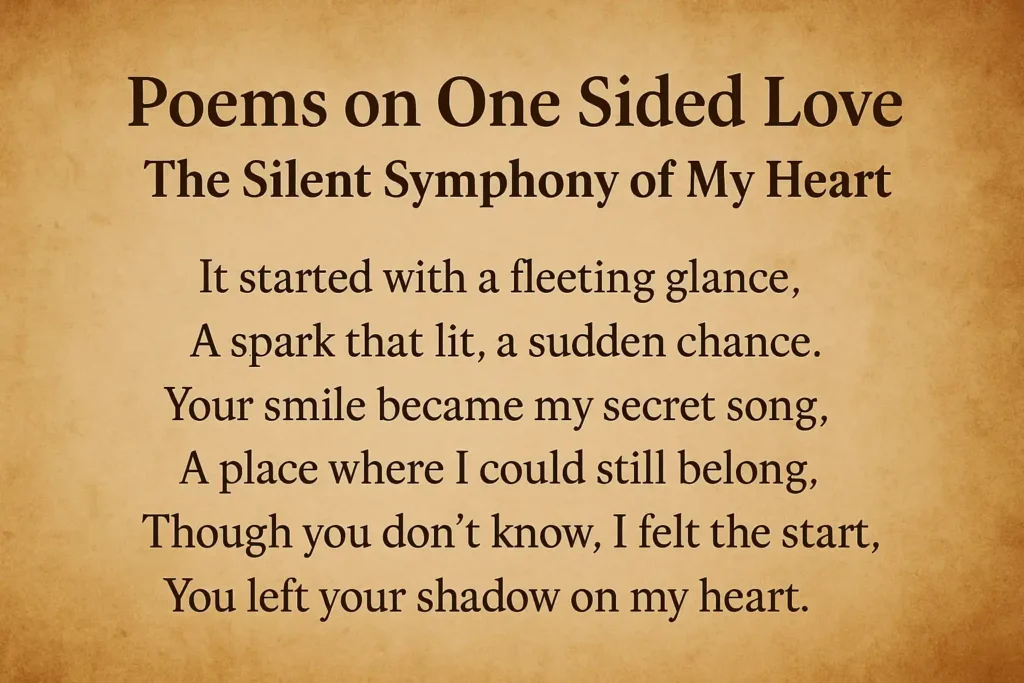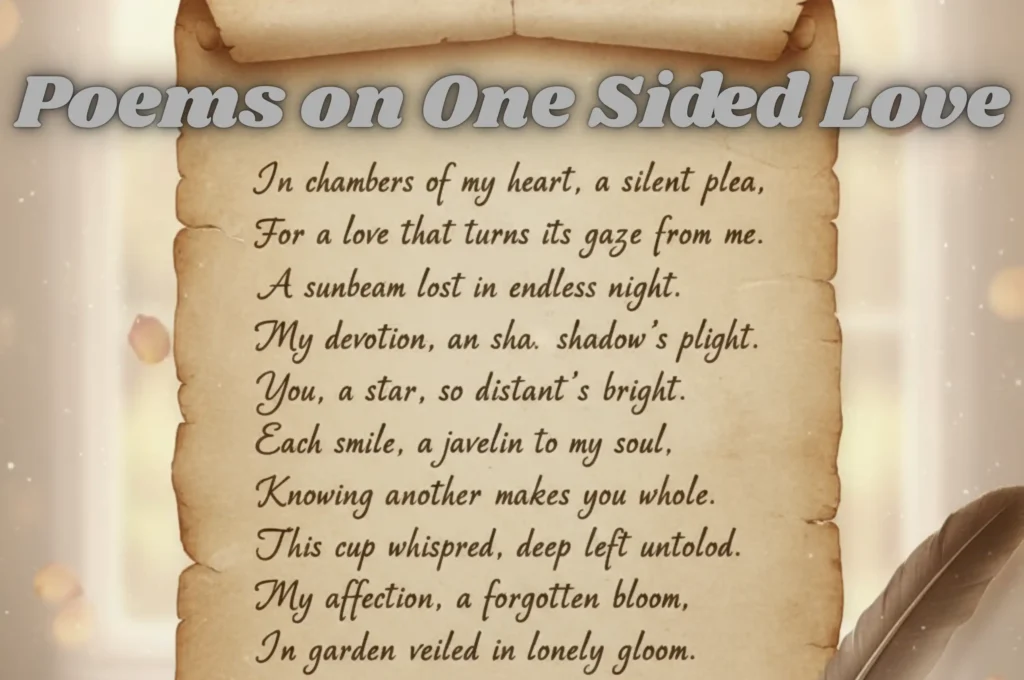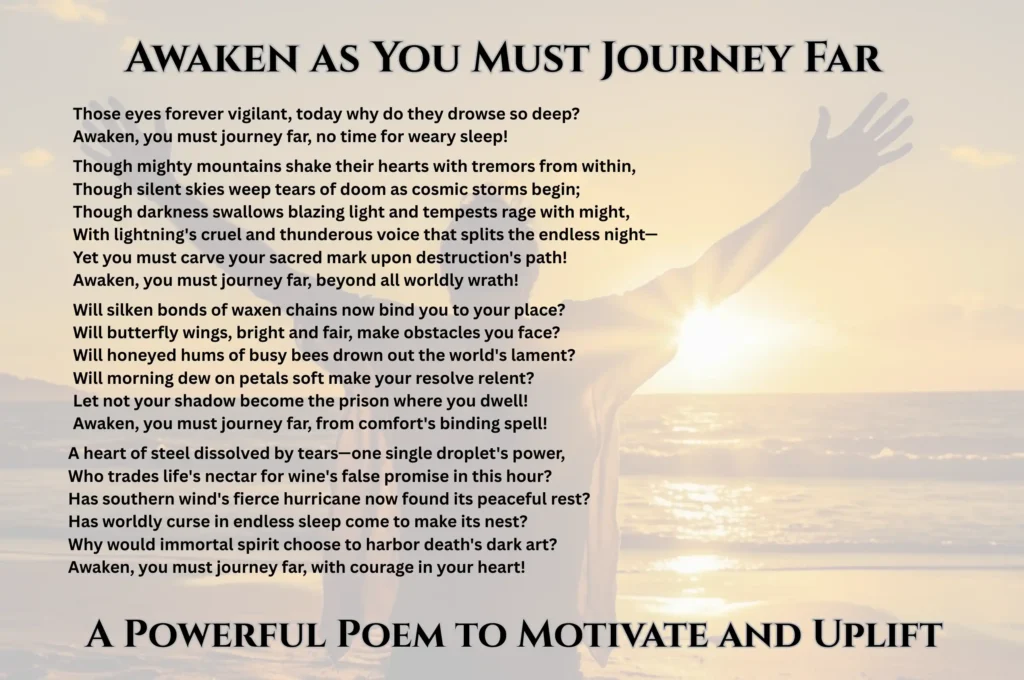Table of Contents
Introduction
The “Character of the Happy Warrior” is a poem by William Wordsworth. It was published in the year 1806. It is one of the famous poems by William Wordsworth. The poem “Character of the Happy Warrior” is a part of his great work, Poems in two volumes. This poem was in the First Volume. You can also read the Poem: I Wandered as lonely as cloud and its explanation on our site (Link).
The Poem “Character of the Happy Warrior” is a story about a soldier, who carries moral values like courage, bravery, integrity even in the adverse times. This poem by William Wordsworth will definitely fill you with inspiration and motivation that it contains.
I hope you will like it. Let us begin, and we will first look into the lyrics of the poem and then line by line explanation.
Character of the Happy Warrior Lyrics
A Poem by William Wordsworth
Who is the happy Warrior? Who is he
That every man in arms should wish to be?
—It is the generous Spirit, who, when brought
Among the tasks of real life, hath wrought
Upon the plan that pleased his boyish thought:
Whose high endeavors are an inward light
That makes the path before him always bright;
Who, with a natural instinct to discern
What knowledge can perform, is diligent to learn;
Abides by this resolve, and stops not there,
But makes his moral being his prime care;
Who, doomed to go in company with Pain,
And Fear, and Bloodshed, miserable train!
Turns his necessity to glorious gain;
In face of these doth exercise a power
Which is our human nature’s highest dower:
Controls them and subdues, transmutes, bereaves
Of their bad influence, and their good receives:
By objects, which might force the soul to abate
Her feeling, rendered more compassionate;
Is placable—because occasions rise
So often that demand such sacrifice;
More skilful in self-knowledge, even more pure,
As tempted more; more able to endure,
As more exposed to suffering and distress;
Thence, also, more alive to tenderness.
—’Tis he whose law is reason; who depends
Upon that law as on the best of friends;
Whence, in a state where men are tempted still
To evil for a guard against worse ill,
And what in quality or act is best
Doth seldom on a right foundation rest,
He labours good on good to fix, and owes
To virtue every triumph that he knows:
—Who, if he rise to station of command,
Rises by open means; and there will stand
On honourable terms, or else retire,
And in himself possess his own desire;
Who comprehends his trust, and to the same
Keeps faithful with a singleness of aim;
And therefore does not stoop, nor lie in wait
For wealth, or honours, or for worldly state;
Whom they must follow; on whose head must fall,
Like showers of manna, if they come at all:
Whose powers shed round him in the common strife,
Or mild concerns of ordinary life,
A constant influence, a peculiar grace;
But who, if he be called upon to face
Some awful moment to which Heaven has joined
Great issues, good or bad for human kind,
Is happy as a Lover; and attired
With sudden brightness, like a Man inspired;
And, through the heat of conflict, keeps the law
In calmness made, and sees what he foresaw;
Or if an unexpected call succeed,
Come when it will, is equal to the need:
—He who, though thus endued as with a sense
And faculty for storm and turbulence,
Is yet a Soul whose master-bias leans
To homefelt pleasures and to gentle scenes;
Sweet images! which, wheresoe’er he be,
Are at his heart; and such fidelity
It is his darling passion to approve;
More brave for this, that he hath much to love:—
‘Tis, finally, the Man, who, lifted high,
Conspicuous object in a Nation’s eye,
Or left unthought-of in obscurity,—
Who, with a toward or untoward lot,
Prosperous or adverse, to his wish or not—
Plays, in the many games of life, that one
Where what he most doth value must be won:
Whom neither shape or danger can dismay,
Nor thought of tender happiness betray;
Who, not content that former worth stand fast,
Looks forward, persevering to the last,
From well to better, daily self-surpast:
Who, whether praise of him must walk the earth
For ever, and to noble deeds give birth,
Or he must fall, to sleep without his fame,
And leave a dead unprofitable name—
Finds comfort in himself and in his cause;
And, while the mortal mist is gathering, draws
His breath in confidence of Heaven’s applause:
This is the happy Warrior; this is he
That every man in arms should wish to be.
——-
Poem: Character of the Happy Warrior
Author: William Wordsworth
Book: Poems in two volumes (Vol I)
——-
Character of the Happy Warrior Explained Meaning
“Who is the happy Warrior?
Who is he That every man in arms should wish to be?”
The poet is questioning about an ideal figure and asks a question as why everyone who a warrior or a soldier is should wish to be the same as this warrior. William Wordsworth sends a contradictory statement with this line. A warrior’s life is full of difficulties and at every moment of life, a soldier or a warrior needs to go through strict routine and hardship. The poet describes a warrior or a soldier, who is happy despite of all the hardship he goes through. He is a one warrior, that should be an inspiration for others.
—It is the generous Spirit, who, when brought
Among the tasks of real life, hath wrought
Upon the plan that pleased his boyish thought:
The warrior who remains generous even when he is brought through the hardship and tasks in his real life. A soldier’s or warrior’s daily tasks are tough. He needs to follow discipline, a daily routine to follow, practice and war trainings, what not. Moreover, it is generally believed that a warrior is tough and needs to be hard from inside. However, this warrior remains generous despite of his daily tasks.
This warrior works on his childish plan, or his youthful thought that makes him happy ~ (hath wrought) means has worked on or works on. ~ According to the poet this warrior is happy as he works on his inner thoughts that gives him pleasure. These thoughts are like a young boy.
Whose high endeavors are an inward light
That makes the path before him always bright;
Who, with a natural instinct to discern
What knowledge can perform, is diligent to learn;
He is the one who constantly searches for his inner light. With these lines, poet states that this warrior hold ethics and righteousness as a value. His ethical values and righteousness are the lights that illuminate his path. He is a warrior; however, he holds the values like, ethics and righteousness and strongly follows them even in tough times.
The natural instinct of the basic nature of a warrior is to see through difficulties, recognize and take tough decision. However, being focused and engaging his mind in making tough decisions, he is keen to learning. He knows the value of knowledge.
In a general scenario, when this poem was written, in my opinion, a warrior was thought to be a person who is tough and concentrated only on wars and battles. However, I see that William Wordsworth characterizes an ideal warrior who knows the true value of knowledge.
Abides by this resolve, and stops not there,
But makes his moral being his prime care;
Who, doomed to go in company with Pain,
And Fear, and Bloodshed, miserable train!
Turns his necessity to glorious gain;
These lines depict the power of determination of the happy warrior. He faces various challenges and hardship in his life; however, he remains determined to what they take as resolution. It suggests that the happy warrior is a man of principles and follows his ideals very strongly. He does not change these values even in hard times. The happy warrior gives primary importance to hold and enhance his moral character, rather than pursing his self-interest. He does not change his values for personal material gain.
In a warrior’s life the presence of suffering, fear, and violence is natural, and it remains throughout his life. However, the happy warrior acknowledges and faces these harsh and inevitable realities of life straight forward. In a way, he is forced to be in a company of pain, fear and bloodshed (Who, doomed to go in company with Pain, And Fear, and Bloodshed, miserable train!) throughout his journey of life. Instead of being defeated or discouraged by these circumstances, the happy warrior finds strength and meaning in overcoming challenges, thus turning their struggles into sources of “glorious gain.”
The Happy warrior turns this hardship into opportunities for Glorious Gain. What a beautiful Character of the Happy Warrior.
In face of these doth exercise a power
Which is our human nature’s highest dower:
Controls them and subdues, transmutes, bereaves
Of their bad influence, and their good receives:
By objects, which might force the soul to abate
Her feeling, rendered more compassionate;
Even during the tough times, the warrior carries a power, this power is the highest gift to a human being provided by nature. A power which has the highest value in a Human’s life. He faces challenges like pain, fear and violence; however, he has a power that not only helps him in controlling these situations but turn them into good opportunities.
This power that the Happy Warrior has, helps him control and suppress his bad emotions. It also helps to change and dispose the bad emotions that are caused by these hardships and tough times and turn them into good. This power transforms the bad into the source of good for the Happy Warrior.
This hardship of a warrior’s life should have turned him into a strong hearted and tough being; however, the happy warrior becomes even more compassionate and empathetic. They become more sensitive towards others and their compassion is heightened rather than diminished by the challenges they face.
These lines from the poem show the happy warrior as someone who has an exceptional ability to overcome through the tough times. He can transform negative experiences into sources of strength and positivity. Deepens his compassion and empathy for others. These lines highlight the capacity to recover quickly from difficulties, moral courage, and capacity for growth as the power that is present in the happy warrior’s character.
Character of the Happy Warrior Summary
The poet highlights the resilience, strong dedication to morality, and capacity for growth inherent despite tough times in the happy warrior’s character.
A Poem by William Wordsworth
Read More
